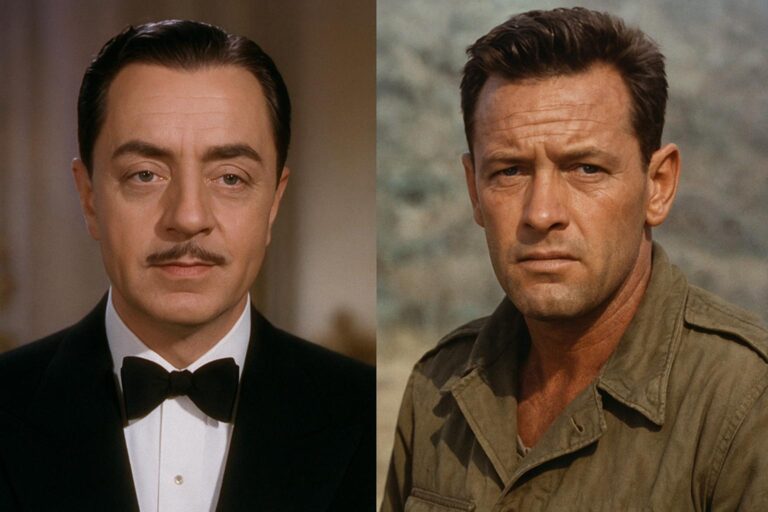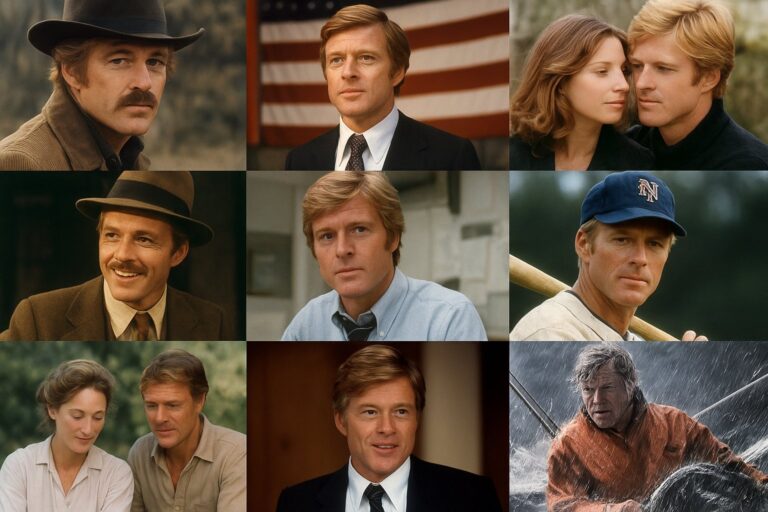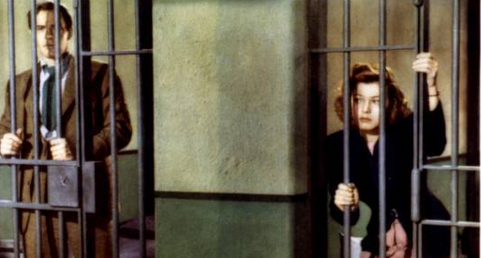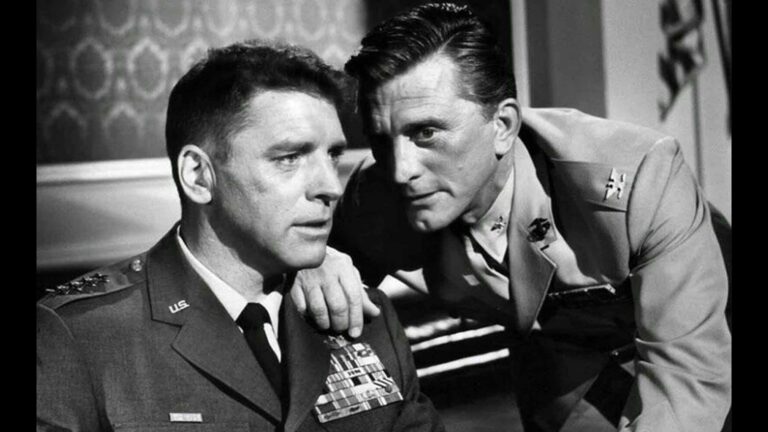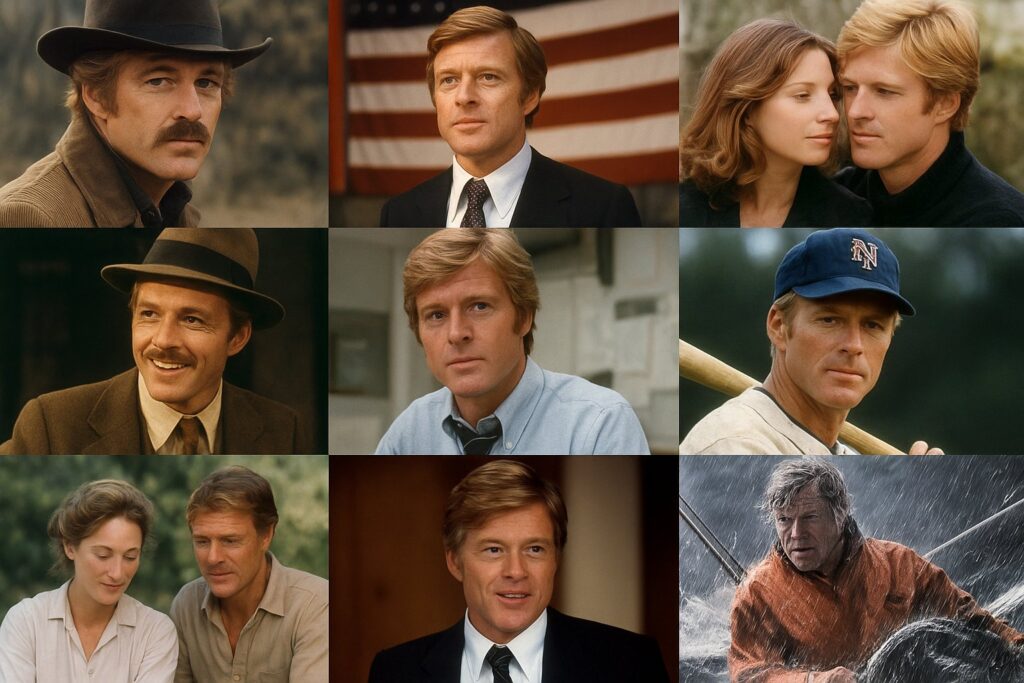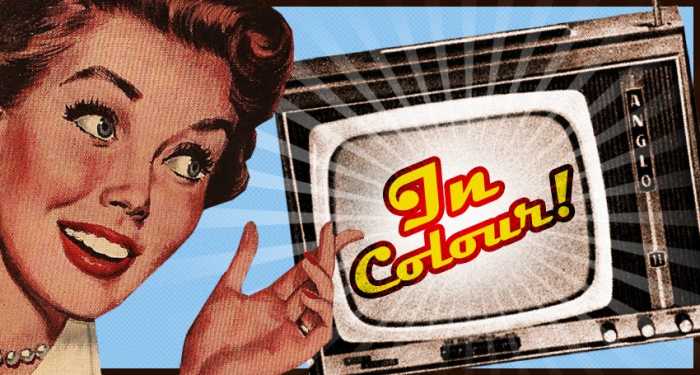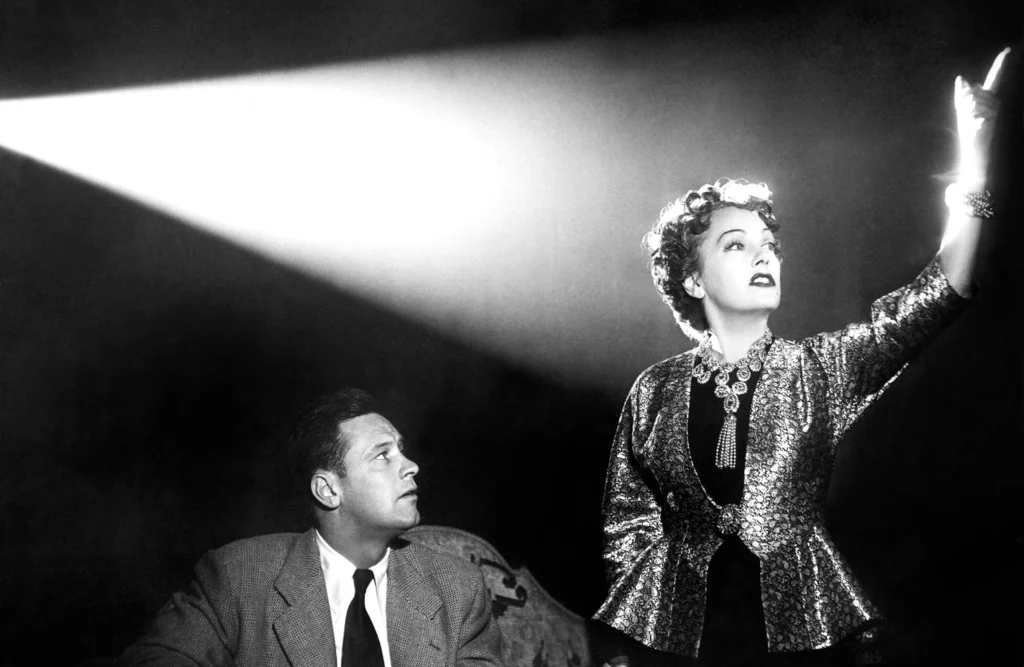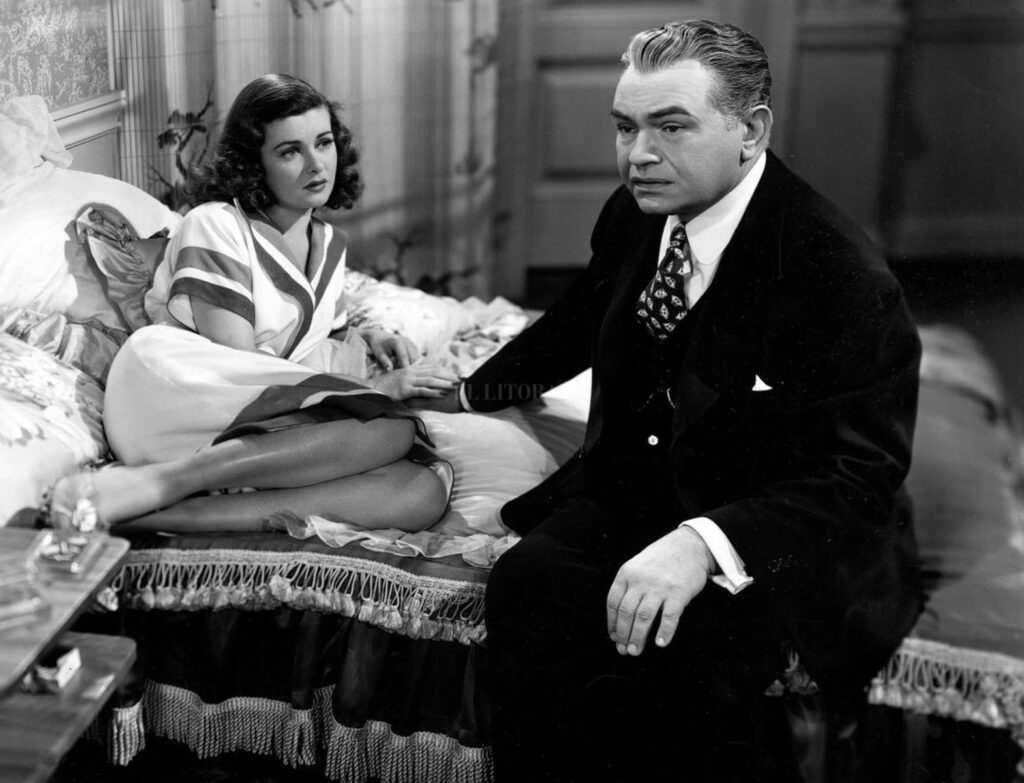-
It began on live television.
Before it became a feature film, Patterns was a live TV drama written by Rod Serling for NBC’s anthology series Kraft Television Theatre in 1955. The telecast was such a sensation that the mail response overwhelmed NBC—viewers begged for a repeat, which was rare for live TV. The network actually restaged it live a second time, something practically unheard of. -
Rod Serling’s first major success.
Although he would go on to fame as the creator of The Twilight Zone, Patterns was Serling’s breakout. It showcased his gift for writing sharp dialogue and moral confrontations, and Hollywood soon came calling. Without Patterns, Serling’s career might have looked very different. -
Richard Kiley wasn’t the original lead.
In the 1955 TV version, Richard Kiley played the young executive who finds himself caught in a ruthless corporate chess match. But when the story was adapted into the 1956 film, Van Heflin took over the role. Kiley was disappointed, though he went on to a long, successful stage and screen career. -
Everett Sloane and Ed Begley.
Character actor Everett Sloane, best known from Citizen Kane, plays the cold, calculating corporate boss Walter Ramsey. Ed Begley, reprising his role from the TV version, plays Bill Briggs—the aging executive Ramsey is determined to push out. Begley’s performance was so powerful, it earned him an Academy Award nomination for Best Supporting Actor. -
Shot quickly but with big impact.
The film was produced on a modest budget and shot in a brisk schedule, but its intensity and dialogue-driven storytelling gave it a dramatic punch that rivaled bigger productions of the era. -
A story ahead of its time.
Unlike many 1950s dramas that focused on family or romance, Patterns was brutally frank about corporate power struggles, backstabbing, and the psychological toll of ambition. In many ways, it foreshadowed later works like Mad Men and Wall Street. -
Real executives saw themselves in it.
When it opened, Patterns struck a nerve with real-life businessmen. Reports at the time noted that audiences in corporate-heavy cities like New York and Chicago found the film disturbingly accurate in its depiction of ruthless office politics. -
Still studied in business ethics.
Even decades later, Patterns is sometimes screened in business schools as a discussion piece on leadership, loyalty, and the darker side of ambition—proof of its lasting resonance.




